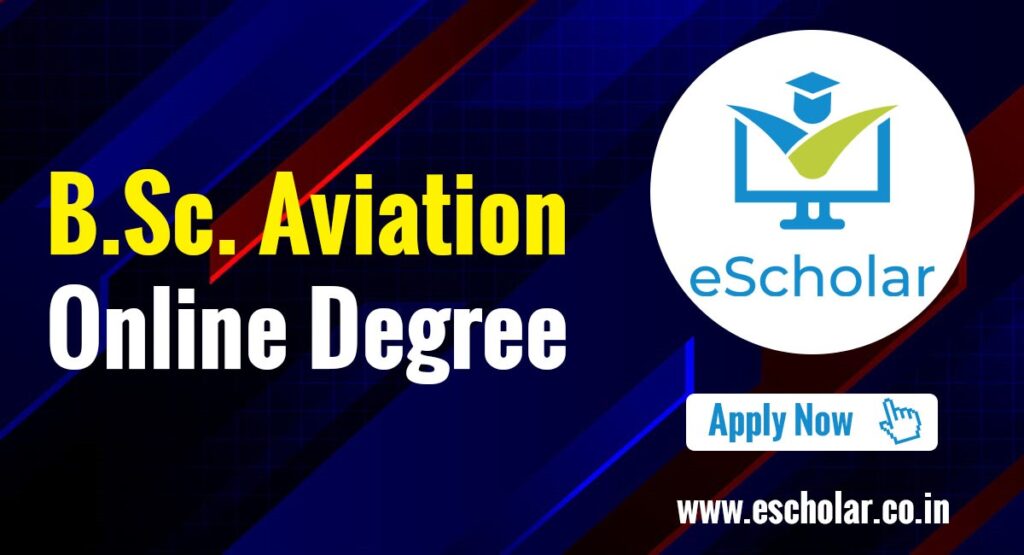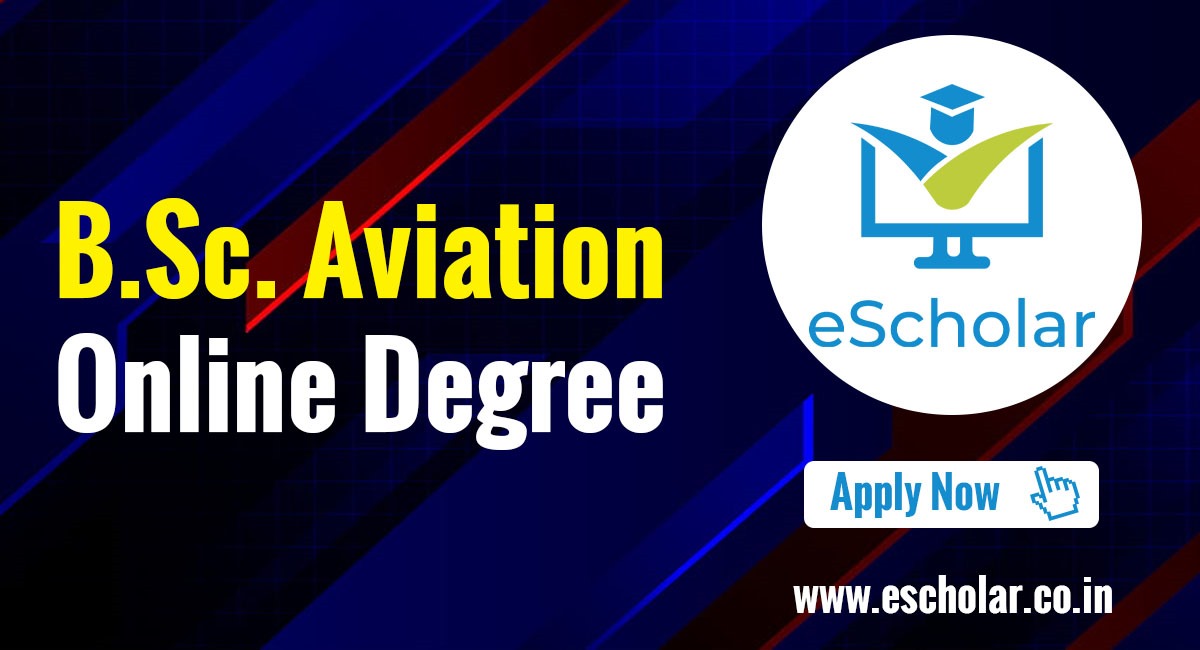B.Sc Aviation degree Details, Subjects, Career.

Ever gaze at the sky, mesmerized by the graceful dance of airplanes, and dream of being part of that magic? If so, a B.Sc Aviation degree could be your launchpad to an exhilarating career in the fascinating world of flight. This program delves into the scientific and technological aspects of the aviation industry. It equips you with the theoretical and practical knowledge necessary to understand the principles of flight, aircraft systems, air traffic management, and the broader aviation ecosystem. Let’s take a deep dive into what B.Sc. Aviation course entails and why it might be the perfect fit for your adventurous spirit.
Course Duration and Eligibility:
A B.Sc Aviation degree is a three-year undergraduate program. To embark on this journey, you typically need a 10+2 qualification with Physics and Mathematics as core subjects. Some universities might also require entrance exams.
Why choose this course:
The allure of the aviation industry is undeniable. But beyond the romance, there are several compelling reasons to choose B.Sc Aviation degree:
High Demand: The aviation sector is constantly growing, creating a burgeoning demand for skilled professionals. With a B.Sc. Aviation, you’ll be well-positioned to tap into this exciting job market.
Diverse Career Options: This degree opens doors to various roles, from ground operations and air traffic control to aircraft maintenance and flight dispatch. You can even pursue careers in airline management, consulting, or research.
Technical Expertise and Practical Skills: The program equips you with hands-on experience in aircraft simulators, laboratories, and field visits. You’ll gain a deep understanding of aircraft systems, navigation, and safety protocols.
Global Exposure: The aviation industry transcends borders, offering the potential to work with international airlines and travel the world.
Major Subjects and Syllabus:
Your B.Sc. Aviation program curriculum will be a blend of theoretical knowledge and practical application. Expect to tackle subjects like:
Aircraft Science and Technology: Understand the principles of flight, aircraft structures, propulsion systems, and avionics.
Air Navigation and Meteorology: Learn about navigation techniques, airspace management, and the impact of weather on flight operations.
Communication and Human Factors: Hone your communication skills for effective interaction with air traffic control and passengers, while understanding human factors influencing aviation safety.
Regulations and Law: Grasp the legal framework governing air travel and safety protocols.
Airport Operations and Management: Delve into the intricacies of airport operations, ground handling, and cargo management.
Skills Developed from this course:
Beyond acquiring knowledge, a B.Sc. Aviation program equips you with valuable skills that will be your compass throughout your career:
Problem-solving and Analytical Thinking: Approach challenges with a methodical and analytical approach, ensuring safe and efficient air travel.
Technical Expertise: Gain proficiency in using cutting-edge aviation technology and software.
Communication and Teamwork: Develop strong communication skills for seamless collaboration with diverse teams in a fast-paced environment.
Decision-Making and Leadership: Hone your decision-making abilities and leadership qualities to navigate complex situations effectively.
Adaptability and Continuous Learning: Embrace lifelong learning in a dynamic industry that constantly evolves with new technologies and regulations.
Job sectors available:
With a B.Sc. Aviation program, the sky’s the limit! You can explore a wide range of career paths, including:
Ground Operations: Work in airport operations, cargo handling, or customer service roles.
Air Traffic Control: Become an air traffic controller, guiding aircrafts safely through the skies.
Aircraft Maintenance: Pursue a career in aircraft maintenance, ensuring the airworthiness of planes.
Flight Dispatch: Plan and monitor flight routes, weather conditions, and fuel requirements.
Airline Management: Climb the ranks and manage various aspects of airline operations.
Conclusion:
The B.Sc. Aviation course is more than just a degree; it’s a passport to a world of adventure, challenge, and limitless possibilities. If you possess a thirst for knowledge, a passion for aviation, and the drive to excel, this program can equip you with the skills and expertise to soar to new heights in this dynamic industry. So, fasten your seatbelts, prepare for takeoff, and embark on your journey to conquering the skies!
Remember, this is just a starting point. Feel free to customize the blog post by adding personal anecdotes, specific examples of universities offering the program, or career success stories of B.Sc. Aviation course.
For More Details:
E-Mail: studentsupport@escholar.co.in
Visit: www.escholar.co.in


